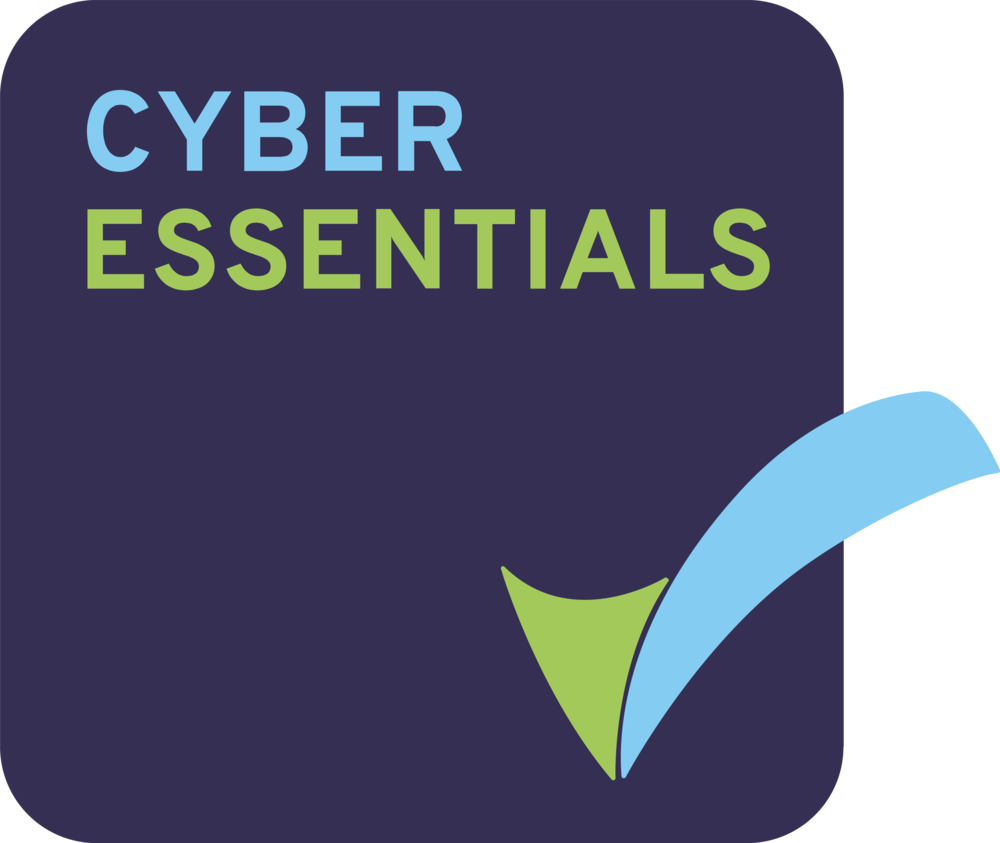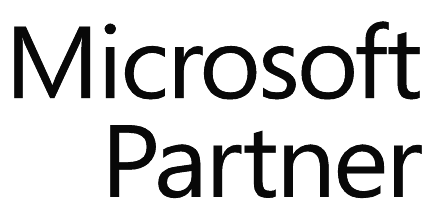Is your Workforce Management software still fit for purpose? If your WFM solution is up for renewal, stop and think if it’s really working for you.
Although the initial cost of implementing a workforce management solution may appear large, a quick return on investment can be achieved by not only significantly reducing the amount of time spent creating forecasts, schedules, workforce planning, and reporting, but also by being able to create accurate forecasts that ensure you have the “right person, right place, right time” and avoid overstaffing whilst providing a great service.
With the emergence of new technologies, customer expectations regarding how and when they wish to get in touch with a contact centre have increased substantially as well as their expectations on the quality of the service received. In order to meet these expectations having the right number of agents, that are multi-skilled, flexible and available to support customer demand on a number of different channels, plays a crucial role in ensuring service levels are met.
Nonetheless, employee satisfaction and work-life balance now have a greater focus than ever. Workforce Management (WFM) tools can improve employee engagement with features such as mobile apps where agents can view schedules from anywhere and automatically trade a shift and book a holiday when needed. This can result in happier more engaged staff thus lowering attrition and improving flexibility around business requirements.
Moreover, giving employees the ability to request a last minute holiday if needed can significantly reduce absences. In fact, one of our Contact Centre customers recently quoted a 50% drop in absence since implementing the system.
The cost savings attributed to more accurate forecasting and resource planning improved employee engagement, time saved generating schedules and monitoring adherence. These factors will far outweigh the implementation cost and servicing of the tool.
Here are just a few ways Workforce Management can improve how a Contact Centre is run and help make significant cost savings at the same time.
WFM Dynamic Scheduling
Workforce Management tools can introduce more dynamic ways of scheduling such as agent availability to work, preference-based or rotational scheduling. The speed in which a tool can allocate the best shift for your business far outweighs what can be achieved without one both in terms of workforce planning efficiency and the time taken.
WFM Contact Centre Insights
Drilling down into your statistics can be time-consuming and complex. The reporting power and granularity (down to 15 minute intervals) a tool can give you are both more insightful than a manual method and significantly reduces time-related cost. Your resource planning cycle becomes more efficient and problems get identified before they become major issues.
Not only that, you can use it to quickly create reports and drill into your historical data and use it for future scheduling, for example analysing data from past bank holidays to help you plan for future ones.
Improvement in WFM Forecasting Accuracy
Forecasting accuracy in terms of volume and profile at different levels is hugely challenging without a Workforce Management Tool. A centralised location for data analysis, using the latest algorithms and profiling, volume predictions based on real quality/validated data are one of the key benefits in ensuring your contact centre is not over or understaffed.
Powerful WFM Algorithms
The accuracy and power of a WFM tool algorithm (such as Erlang A, C) across multiple channels (i.e chat, email, phone) taking into account number of simultaneous chats, emails handled within targets, ensures industry-leading calculations with the click of a button across your call centre.
WFM Re-Optimising when the unexpected happens
Unforeseen situations, such as higher than expected staff absence or a sudden increase in call volumes, can cause havoc to a contact centre’s workforce planning schedule.
The built-in features in a Workforce Management tool, allows you to quickly identify the issue and find a resolution before it becomes a bigger problem. For example moving breaks, adjusting shifts and activities can cover service level shortfalls without the need and added cost of overtime.
WFM Real-Time Adherence
Once your plans are in place and schedules are published, ensuring your agents follow that plan can be a huge challenge. Real-time adherence via a Workforce Management Tool will help identify agents out of adherence who may need extra support or training and prevent the derailment of your plan. Moreover, the ability to looking back at historical adherence helps engage agents and team leaders in committing to the overall plan.
Reduction of Attrition Costs
High attrition rates present a major cost to a Contact Centre due to the associated re-hiring and training costs. In-built self-service for agent holidays and shift exchanges can help provide better work-life balance for agents. Moreover adding gamification, for example giving awards around adherence achievement or quality/CSAT scores can add to employee engagement and increase the propensity for a longer tenure.
https://www.youtube.com/watch?v=S-qhL5lFxbk
If your current WFM solution is not helping you create accurate forecasts when workforce planning in order to deliver great customer service, it might be time to reconsider what other options are available for you.















